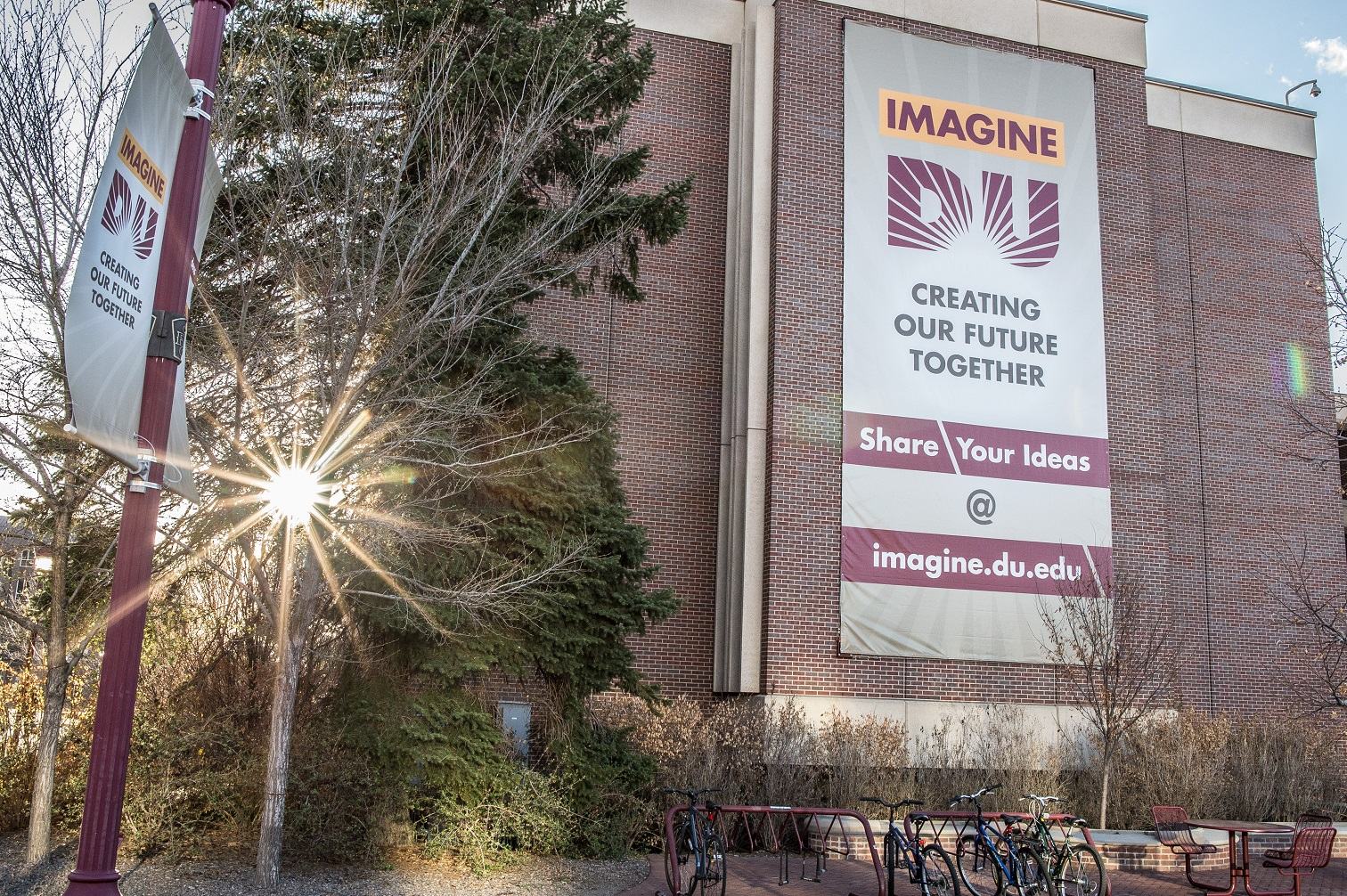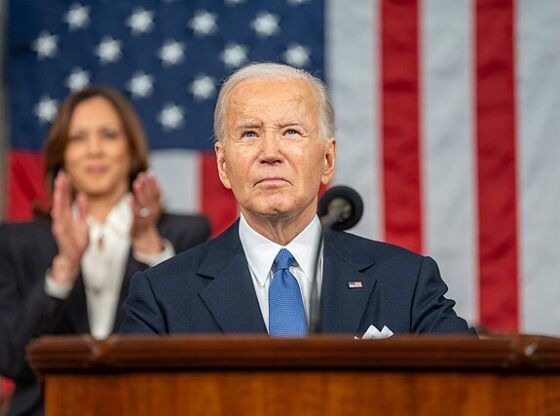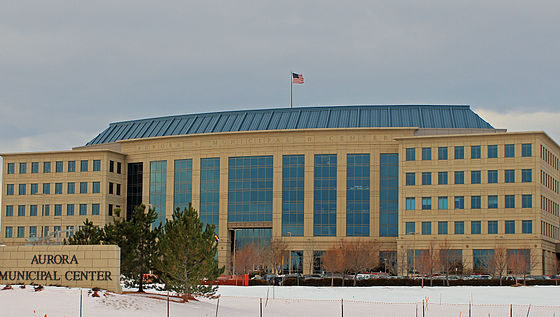On March 24, as part of the Imagine DU initiative, Chancellor Rebecca Chopp and Provost Gregg Kvistad hosted a town hall-style meeting in Anderson Academic Commons in order to reveal to the community the progress that the program has made thus far.
Imagine DU was announced in November 2014 as a way to engage the DU community and discover what the DU can do better. According to the Imagine DU website and Chancellor Chopp, the initiative has two prongs: Engaging Community and Transformative Directions. Engaging Community is the short-term aspect of the program, focusing on what can be done now and within the next year, while Transformative Directions looks at what can be done as far into the future as 2025. The town hall meeting was explained by Chopp as to be part of the Engaging Community component of Imagine DU.
“Universities have to think about how to take the boundaries that have already been embedded in the culture and make them better,” said Chopp. “That’s our engaging community project.”
In order to discover what needed to be done, Chopp explained that four task forces were created: a task force on Diversity, Equity and Inclusive Excellence, one on Student Access and Support, another on Professional Development on Faculty and Staff, and finally a task force on Expanding Sustainability on Campus.
“Seeing the step-by-step process and the way that we’re actually making progress through all of this is really gratifying,” said Shelly Smith-Acuna, co-chair of the Diversity, Equity and Inclusivity task force and professor in the Graduate School of Psychology.
The main purpose of the town hall meeting was for these task forces to report out to the community and receive feedback from the DU community, as well as to discuss how these recommendations are going to be implemented in the short-term.
As each task force co-chair presented, it became clear that, despite the different specific focuses of each task force, there were consistent themes that were highlighted by all of the committees. The need for University-wide coherence and cooperation was made very clear by both co-chairs and by Kvistad. Centralization of resources on campus also was a key point made by each task force.
However, each task force also presented specific ideas—some of which have already been implemented, or will be implemented by December of 2015. Due to recommendations by the task force on Diversity, Equity and Inclusive Excellence, three new positions have already been created: a Vice Chancellor for Campus Life and Inclusive Excellence, a Senior Associate Provost for Diversity, Equity and Inclusive Excellence and a Diversity Recruiting and Retention Leader in the Human Resources department.
Many of the task forces and the recommendations that were included in the Chancellor’s implementation plan were faculty and staff focused, with the exception of the Student Access and Support task force.
Speaking for the task force, co-chair Gina Johnson focused on the need for more financial aid, diversification of the faculty, coordination of all of the student access and support programs and an enhanced advising and registration program. While these were the few student-specific recommendations, it seemed to be believed that the other ideas—like increasing campus sustainability and strengthening professional development—would eventually benefit students. Another opportunity that will be available for students due to recommendations by the Student Access and Support task force is “engaged learning.”
“The idea would be for first year students to gather together a portfolio that goes beyond their course work,” Kvistad said. “It includes work that [students] do when they study abroad, do internships, their volunteer actives, really to allow them this portfolio that will be useful for them . . . with potential employers.”
Concerns that were raised by faculty at the end of the town hall focused mainly on how to measure the growth and change and how to make sure that these ideas are actually implemented and enforced.
“One of the things that we’ve heard at DU is that great ideas happen and people have lots of reports and then nothing happens,” Chopp said. “So it’s urgent, it’s imperative that even if we don’t get 100 percent, that we get 90 percent or 95 percent completed.”
Updates, more information and all of the task forces’ reports can be found at imagine.du.edu.











